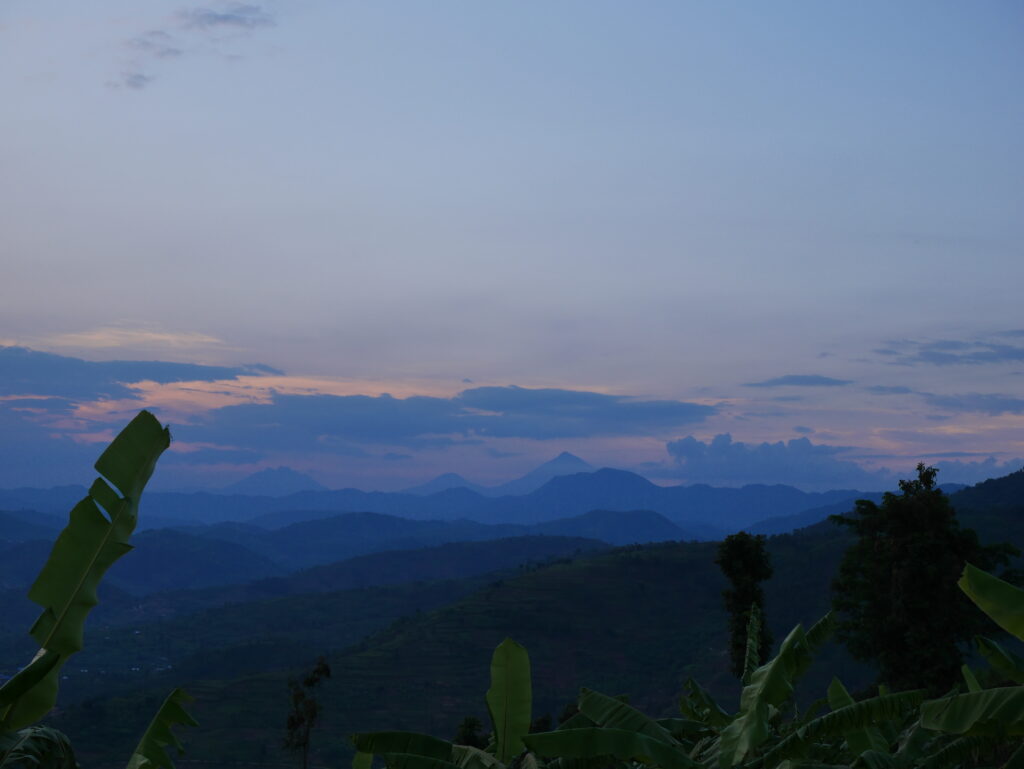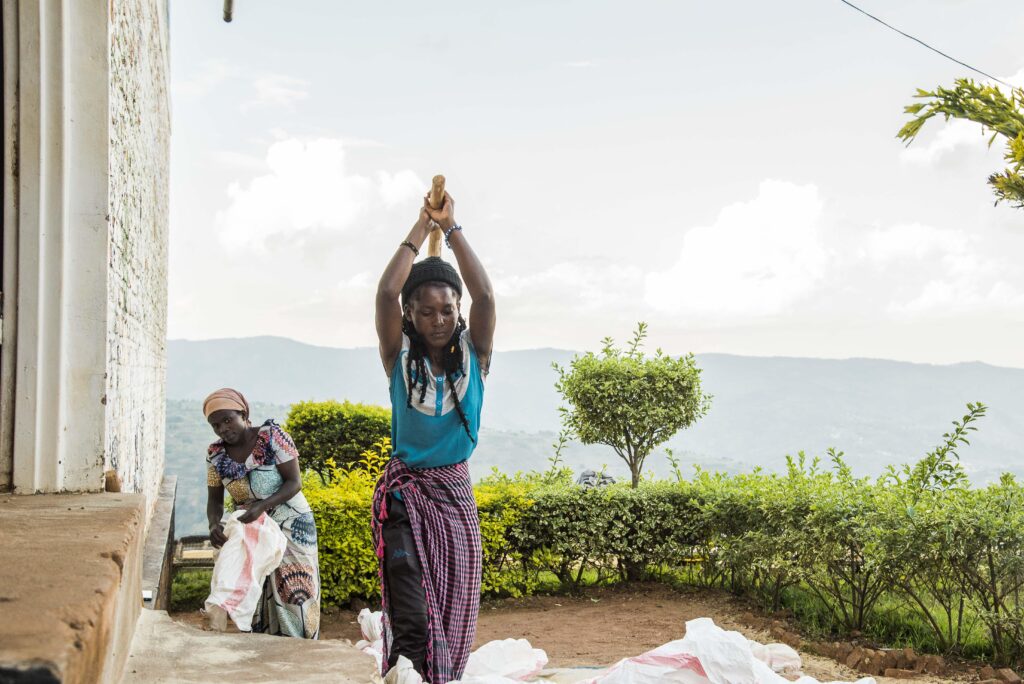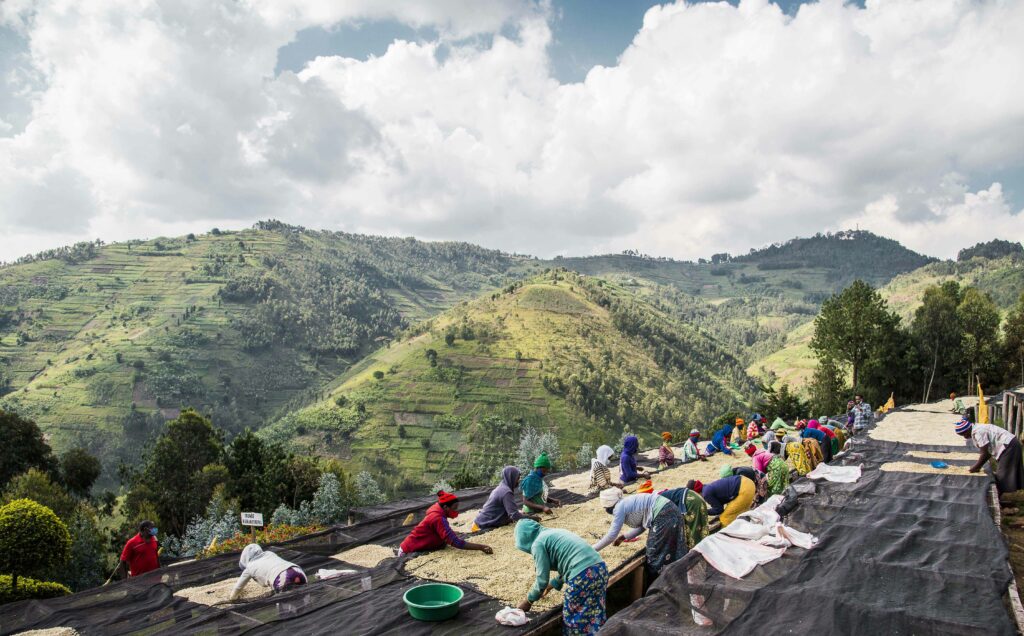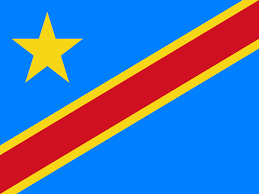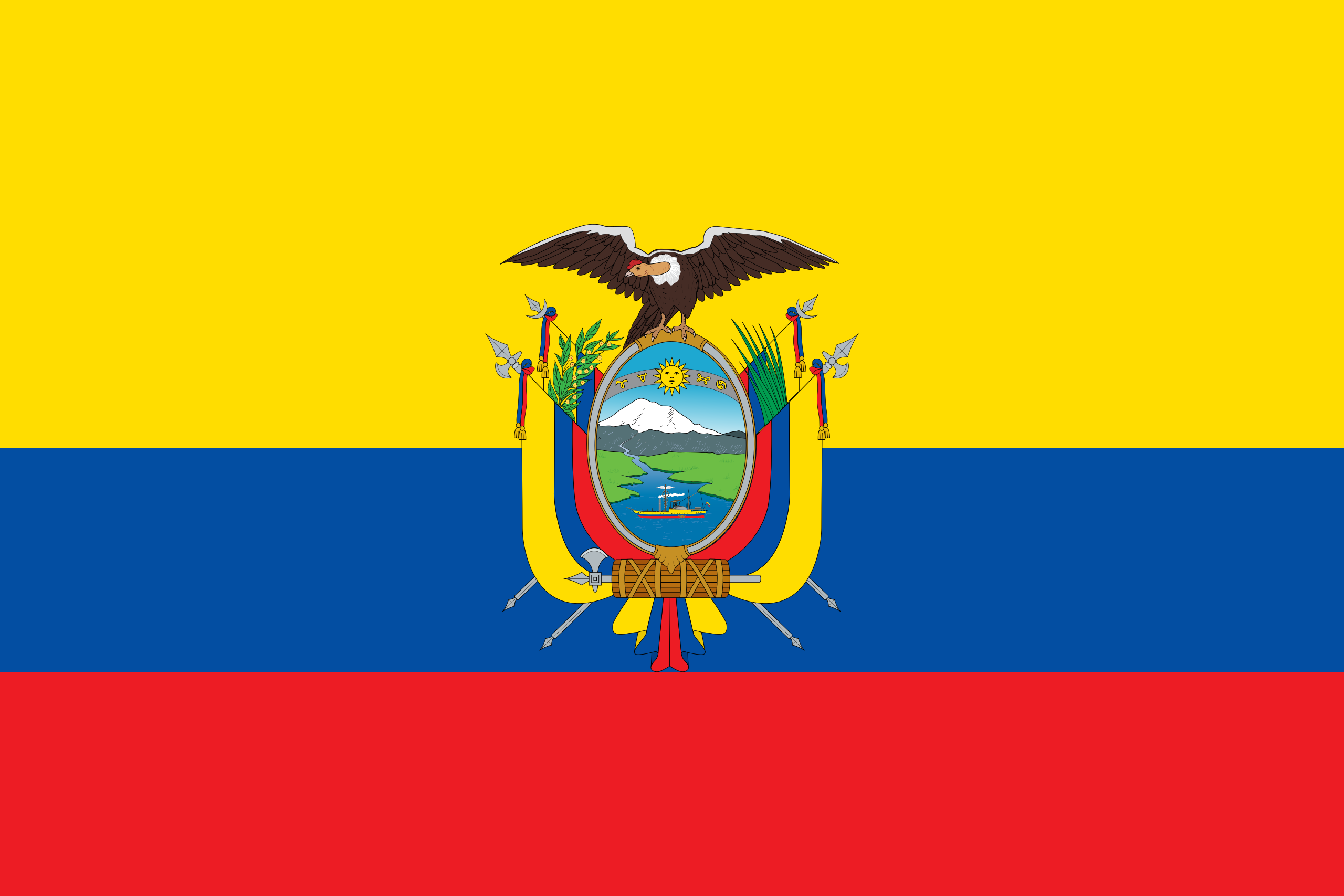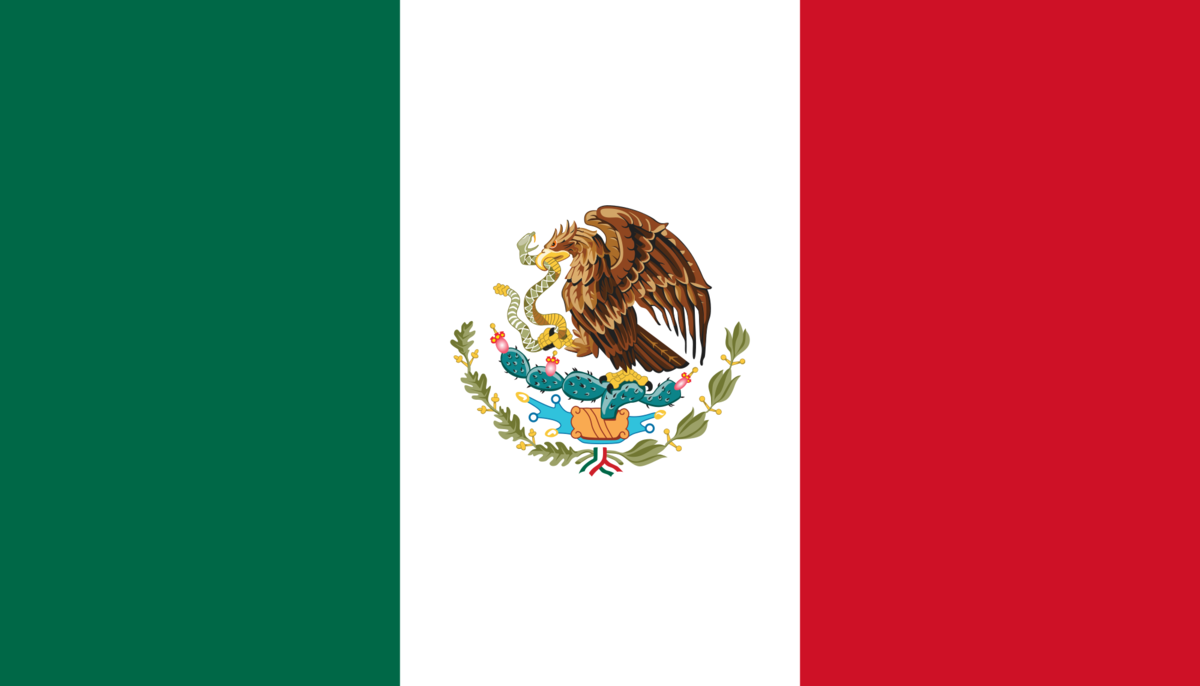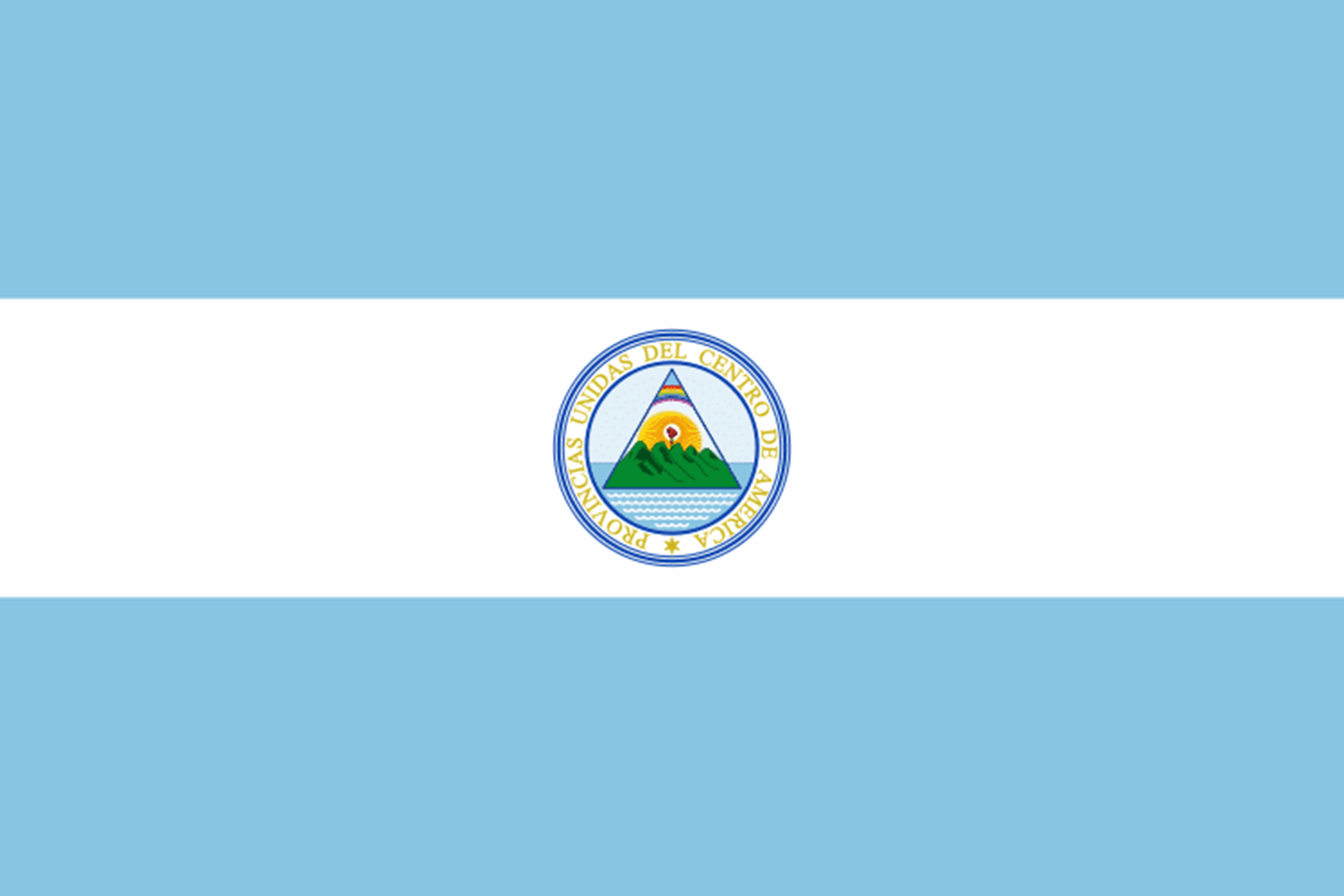Rwanda, the small country with a tumultuous history, is working to produce some truly unique coffee.
Lying almost in the centre of the Africa, Rwanda is a fertile, mountainous, and compact nation, roughly half the size of Scotland and smaller than most US states. Officially Africa’s most densely populated country, it has been inhabited since the Iron Age, and its seemingly endless terraced hills are scattered with dwellings. The 11 million strong population is still largely rural, and around 90 percent of Rwandans are engaged in agriculture of some kind, though much of this is subsistence farming.
View Coffees-
Place In World For Coffee Exporter21st
-
Sacks (60kg) exported annuallyApprox: 389,000
-
Percentage of world coffee marketLess than 1%
-
Other major agricultural exportsTea, Milk, Barley Beer
-
Estimated number of families relying on coffee for livelihood?400,0000
-
Typical varieties producedMostly Red Bourbon
-
Key coffee regionsKivi, Maraba, and others
-
Typical harvest timesFebruary - July
-
Typically availableJanuary
